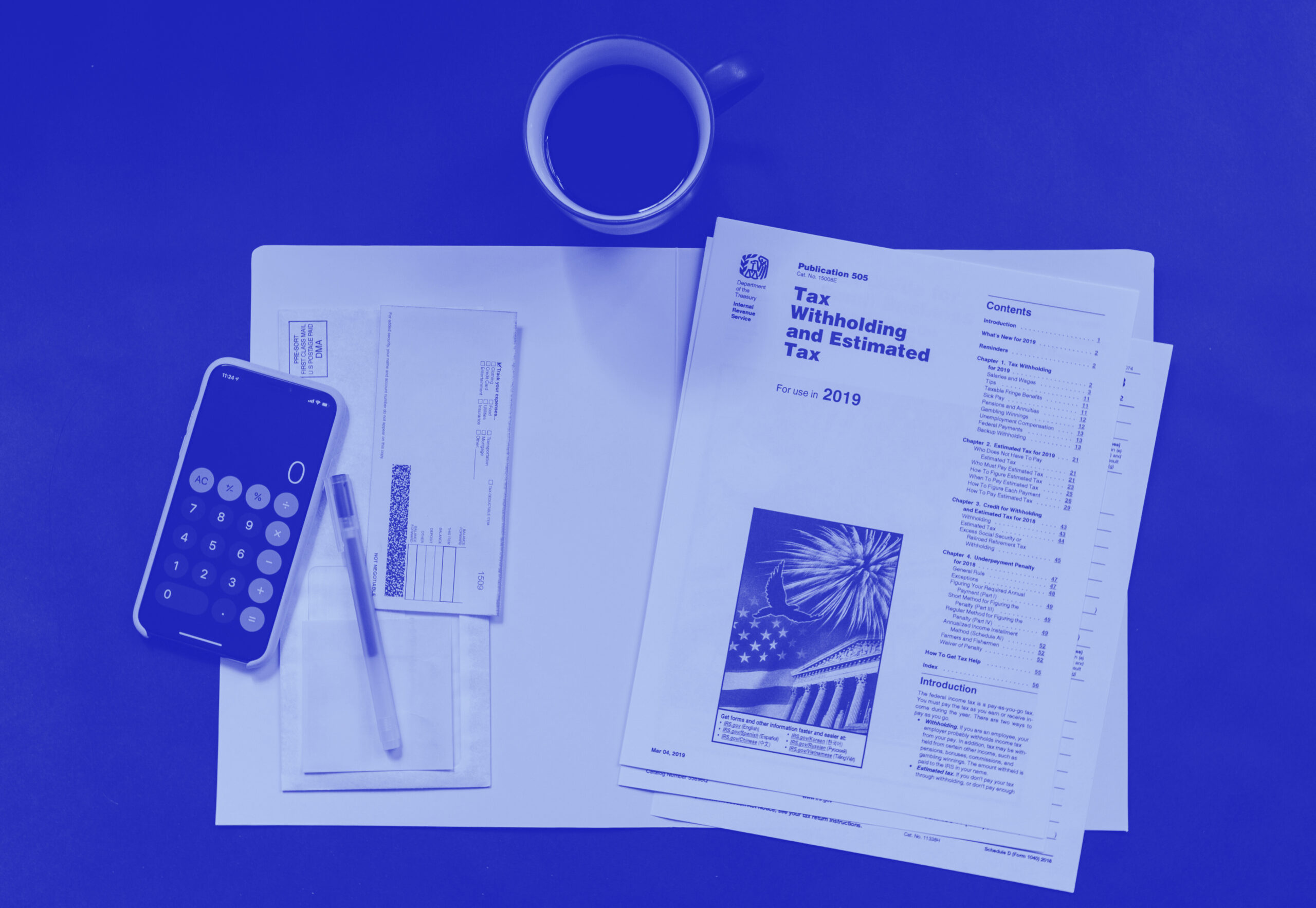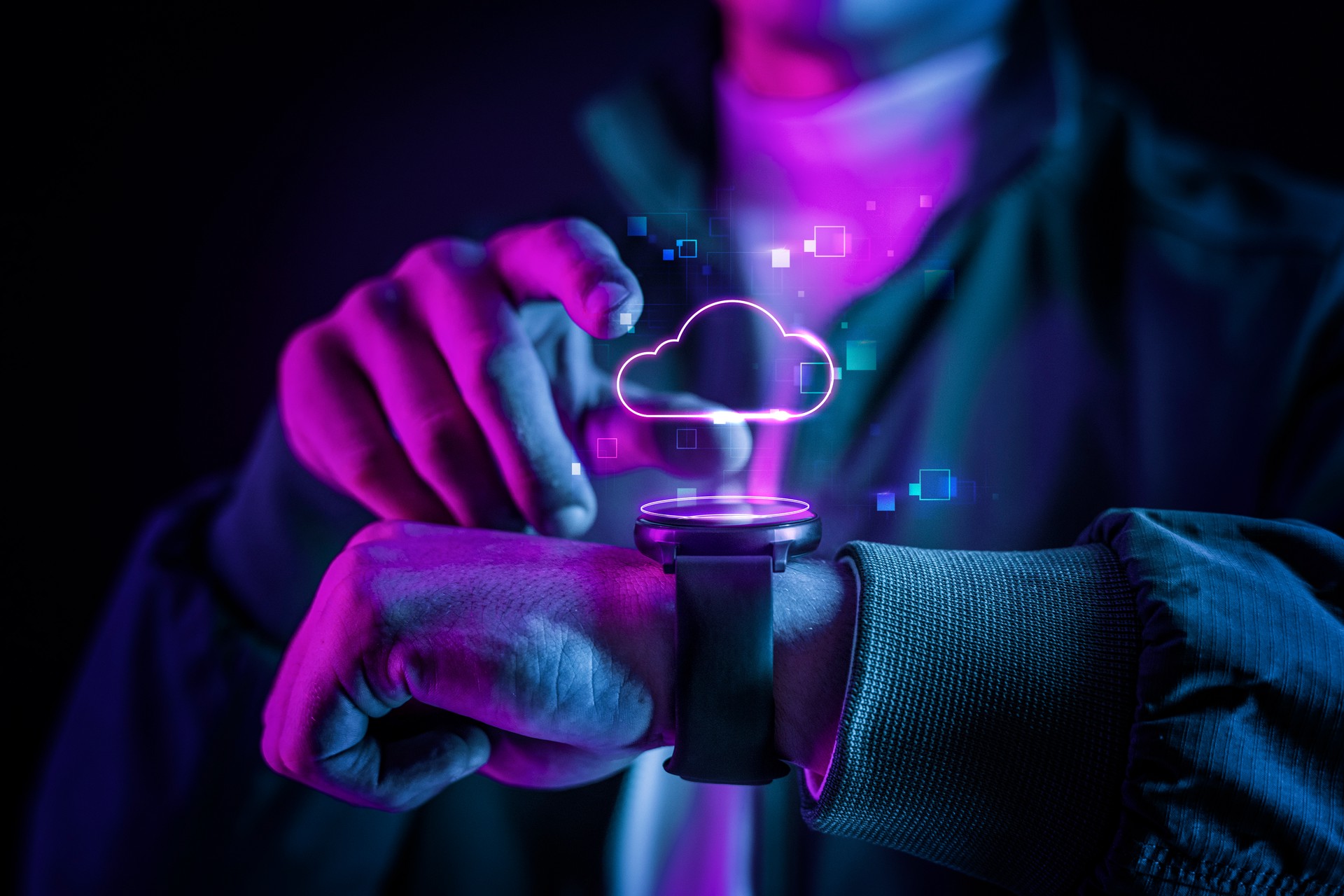Introduction
Artificial Intelligence (AI) is no longer a futuristic concept; it’s a present reality reshaping the modern workplace. Generative AI (GenAI), in particular, holds the promise of augmenting human work by automating routine tasks and enabling employees to focus on more impactful activities. This transformation is supported by recent research from Deloitte, which highlights the profound impact AI can have on workforce dynamics.
The Role of GenAI in the Workplace
Generative AI (GenAI) refers to advanced algorithms capable of creating content, analyzing data, and automating repetitive tasks. Unlike traditional AI, which makes predictions based on data to perform specific tasks and rules-based decisions, GenAI can generate new content and insights by learning patterns from data, making it a more versatile tool in a wider range of industries and use case applications.
Current Applications
In recent years, artificial intelligence has evolved into a suite of powerful technologies that offer significant competitive advantages to businesses across various industries. As companies rapidly adopt AI to meet their business objectives and stay ahead of competitors, many are uncertain about the outcomes and the level of acceptance these tools will receive from their employees. While employers are enthusiastic about the opportunities AI presents, the potential impacts on employee experience and trust cannot be overlooked.
Benefits of GenAI for Employees
-
Increased Efficiency
One of the primary benefits of GenAI is its ability to streamline processes, reducing the time employees spend on repetitive tasks. This increased efficiency allows businesses to achieve more in less time, freeing up resources for strategic initiatives.
-
Focus on High-Impact Tasks
With GenAI handling routine tasks, employees can dedicate more time to high-impact activities such as strategic planning, creative problem-solving, and innovation. For instance, customer service representatives can focus on complex queries that require a human touch, while automated systems handle routine inquiries.
By automating routine activities such as data entry, report generation, and basic customer service inquiries, GenAI allows businesses to operate more efficiently. GenAI not only accelerates workflows but also minimizes human error, ensuring more consistent and reliable outcomes
Case Studies
HSBC has leveraged AI to identify potential money laundering activities by analyzing transactional patterns, customer behavior, and risk indicators. This AI-driven approach has enabled the bank to flag suspicious transactions more effectively, reducing the number of alerts that require investigation by over 60%
Bank of America has utilized AI to forecast the likelihood of companies defaulting by analyzing diverse data sources, including financial statements, credit histories, and market trends. This AI-powered model has improved the accuracy of lending decisions and enhanced the bank’s ability to manage credit risk effectively
Trade-offs in the Use of GenAI
A recent report of Deloitte points out that while the benefits of GenAI are significant, implementing these systems is not without challenges. Organizations must invest in the necessary infrastructure, train employees to work with AI systems, and manage the change process effectively.
1 – Creative Inspiration vs. Diligence
As human beings, we value original thinking to solve problems, to understand each other better, and ultimately to improve our society. Without new ideas, we would settle for the status quo and abandon a core part of our human identity: the pursuit of progress.
AI as an ‘idea sparker’ could enable employees to create multiple versions of their work in parallel and uncover perspectives they may not have thought of themselves. In the Deloitte’s report, over 69% of executives said they believe AI will improve employee creativity to some extent, with AI sparking new ideas and inspiration that will improve the quality of work. However, there is also a fear that an over-reliance on AI will sacrifice accuracy and thoroughness, with 42% of conversations citing concerns about a decline in work quality. From this place of uncertainty, leaders have an opportunity to redefine creativity in the workplace while maintaining human rigor by setting boundaries for the use of AI.
At Altilia, we agree GenAI can be a catalyst to spark new ideas. However, we believe a potential decline in work quality can only be a concern if AI is seen as a replacement for human effort. In our approach, GenAI is meant to complement and assist human work, not to replace it.
Successful GenAI implementations should foster a “collaborative” approach, where AI generates intermediate inputs that are meant to be verified, expanded and enhanced by human experts.
When used correctly, Generative AI organizes data and information, enabling humans to make informed decisions more efficiently. This partnership enhances work quality and fosters an environment where creativity and diligence thrive.
2 – Efficiency vs. Inclusivity
Businesses are eager to leverage AI to expedite routine tasks and remove the administrative burden for their employees. While leaders are optimistic about efficiency gains, nearly a third of conversations cited in the report concern the bias and inclusion challenges of AI, suggesting that the risk of further embedding systemic bias tempers their excitement. Biases emerge wherever humans go. Unchecked, our narrow reference of personal experience will build unconscious bias into everything we create. Given AI’s pace of evolution and “black box” decisioning processes, leaders are concerned that AI will entrench existing biases with no opportunity to reroute:
To mitigate the risk of bias, Businesses should focus on empowering employees to effectively use AI and identify bias while also promoting open dialogue on how AI is used within their organizations.
Secondly, there is a need for transparency and trustworthiness in the AI output. This can be translated in the concept of “explainability”—the ability for end users to understand how and why an AI model generated a particular response.
Explainability enables the implementation of human oversight mechanisms to verify the correctness and impartiality of AI outputs. Therefore, ensuring explainability should be a primary driver in the design of GenAI-based applications.
In the context of Intelligent Document Processing, where Altilia operates, we achieve explainability by allowing users to easily trace back to the sources of information underpinning the AI model’s responses. This approach ensures that users can trust the outputs and maintain control over the decision-making process, ultimately enhancing both the reliability and the acceptance of GenAI solutions in the workplace.
3 – Personalization vs. Data Privacy
GenAI enables highly personalized experiences for customers and employees by analyzing vast amounts of data to tailor interactions and recommendations. However, this level of personalization often requires extensive data collection, raising concerns about data privacy and the potential misuse of sensitive information.
At Altilia, we prioritize data privacy by ensuring our AI models operate within a closed and protected environment. This means that the data used is fully compliant with data processing regulations, as it is not accessed or shared through third-party APIs. Our approach guarantees that both input and output data remain within the company’s control, avoiding the risk of customer data being processed by external entities (for example 3rd API-based GenAI services like OpenAI.)
This closed environment enhances compliance with various data protection regulations and ensures that only company-generated data is used. By relying solely on internal data, our models deliver more accurate and consistent responses, further strengthening data security and regulatory adherence.
Future Outlook
The workplace implications of AI are profound, offering both opportunities and challenges. GenAI has the potential to enhance productivity, allowing employees to concentrate on high-impact tasks. According to the Deloitte report, AI integration in the workplace will continue to grow, with more businesses adopting GenAI to stay competitive. This trend will likely lead to new job roles focused on managing and enhancing AI systems.
At Altilia, we believe that successful AI applications in the near future will not only focus on efficiency and process automation but also on enriching companies’ informational assets and stimulating creativity. We see GenAI as an assistant that increasingly supports knowledge workers by taking on more operational roles, such as information reprocessing and synthesis. Meanwhile, human knowledge workers will remain at the forefront of decision-making and strategic activities.
This collaborative relationship will help companies build greater trust and exercise more control over AI-enhanced processes, while also making it easier for the workforce to accept GenAI as an opportunity rather than a threat. By positioning AI as a supportive tool, we can foster an environment where AI drives innovation and efficiency, ultimately leading to more dynamic and successful business operations.
If you’re eager to find a solution for your business to streamline processes, reduce the time spent on tasks, and drive growth, we’re here to guide you through every step. Book a free consultation with an Altilia expert today, and let’s embark on this journey together, unlocking the potential of GenAI to bring your business into the future.




